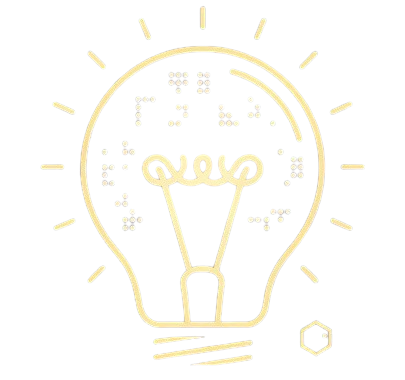From Page to Possibility: How a treaty signed in Marrakesh is helping Transform Access to Knowledge for the Visually Impaired
- Siddhant Sathe

- Sep 29, 2025
- 6 min read

In a world where information is power, millions of visually impaired individuals have historically faced an invisible barrier known as the "book famine." This term describes the stark reality that less than 5% of published books worldwide were available in accessible formats for people with print disabilities. However, a groundbreaking international agreement has begun to change this landscape forever.
The Marrakesh Treaty: A Landmark Achievement
The Marrakesh Treaty to Facilitate Access to Published Works for Persons Who Are Blind, Visually Impaired or Otherwise Print Disabled, adopted in 2013 by the World Intellectual Property Organization (WIPO), represents a watershed moment in disability rights and intellectual property law. This treaty creates a crucial exception to copyright restrictions, allowing authorized entities to produce, distribute, and make available published works in accessible formats without seeking permission from copyright holders.
The treaty's significance extends far beyond legal technicalities. It recognizes that access to information and literature is not a privilege but a fundamental human right. For the estimated 285 million people worldwide who are blind or visually impaired, this agreement opened doors that had remained firmly shut for decades.
India's ratification of the Marrakesh Treaty in 2014 marked a pivotal moment for the country's 15 million visually impaired citizens. As one of the early adopters, India demonstrated its commitment to inclusive development and equal access to education and information. The treaty's implementation has enabled Indian organizations to legally convert copyrighted works into accessible formats like braille, large print, and audio books, while also facilitating the cross-border exchange of these materials.
Benetech and Bookshare: Digital Transformation in Action for Visually Impaired
At the forefront of this digital revolution stands Benetech, a nonprofit technology organization that has been championing accessible education for over two decades. Their flagship initiative, Bookshare, exemplifies how technology can democratize access to knowledge.
Launched in 2002, Bookshare has evolved into the world's largest accessible digital library, housing over 1 million titles. The platform transforms traditional books into multiple accessible formats, including synthesized speech, braille displays, and large print. Students and adults with qualifying print disabilities can access textbooks, literature, and periodicals that were previously unavailable to them.
What makes Bookshare particularly powerful is its use of advanced technology to streamline the conversion process. Automated systems can now transform digital texts into accessible formats within hours rather than the months traditionally required for manual conversion. This technological leap has exponentially increased the speed at which accessible content becomes available.
The platform's impact extends beyond mere access. By providing synchronized highlighting during audio playback and customizable reading experiences, Bookshare doesn't just make books available – it makes reading engaging and educational for users with diverse learning needs.
The Digital Divide: Progress and Persistent Challenges
While the adoption of accessible digital libraries has flourished in the United States and Europe, with robust infrastructure and widespread awareness driving usage, the situation in rural India presents a more complex picture. Despite India's early ratification of the Marrakesh Treaty and the technical availability of platforms like Bookshare, significant barriers persist.
Infrastructure Challenges
Rural India faces fundamental connectivity issues that impede access to digital libraries. Inconsistent internet connectivity, limited access to appropriate devices, and power supply irregularities create practical barriers that legal frameworks alone cannot address. A student in rural Maharashtra might have the legal right to access thousands of books through Bookshare, but without reliable internet or a compatible device, this right remains theoretical.
Language and Localization Barriers
The majority of accessible content remains available primarily in English, creating a linguistic barrier for many rural users who are more comfortable with regional languages. While efforts are underway to expand content in Indian languages, the pace of localization has not kept up with the need.
Awareness and Training Gaps
Perhaps the most significant challenge is the lack of awareness about these resources among the communities that need them most. Many visually impaired individuals in rural areas, along with their families, teachers, and local administrators, remain unaware that such vast digital libraries exist and are freely accessible to them.
Bridging the Rural-Urban Divide: Light of Letters Partnership with Benetech
Addressing these challenges requires a multi-pronged approach that combines policy intervention, community engagement, and technological innovation. Why invent the wheel?
That’s why Light of Letters embraced the Benetech tool set to be a key application in its Device First Programs.
Mobile-First Solutions
Given the higher penetration of mobile phones compared to computers in rural India, developing robust mobile applications for accessing digital libraries could significantly improve reach. Light of Letters has included Bookshare in all 3 device kits for VI students. While platforms like Bookshare are already optimizing their mobile experiences, but more work is needed to create lightweight applications that work on basic smartphones with limited data connectivity which is the need in rural areas.
Community-Based Awareness Programs
Awareness programs are the key for grassroots organizations and disability rights groups operating in rural areas of India. We believe these programs should involve local leaders, teachers, and healthcare (Asha) workers who can serve as ambassadors for accessible technology. Demonstrations of how digital libraries work, conducted in local languages and culturally appropriate contexts, can help demystify the technology. Light of Letters is focusing on creating Train the Trainer programs which allow VI educators to be the evangelizers for the faith of digital education.
Partnerships with Educational Institutions
Schools and colleges in rural areas need to be equipped not just with accessible content, but also with the training to help students utilize these resources effectively. Awareness often begins with the local village school as they often have a good connect with the parents of rural VI children. Teacher training programs should include modules on accessible technology and digital libraries.
Government Integration
State and central government schemes for disability welfare should explicitly include provisions for digital literacy and access to electronic libraries. All states in India should allow VI students to write examinations themselves and remove the dependence on scribes. This will pave the way towards greater adoption of technology and a more inclusive roadmap for VI individuals to pursue education and employment opportunities.
The Path Forward: Building an Inclusive Digital Ecosystem
The Marrakesh Treaty and initiatives like Bookshare have laid a strong foundation, but realizing their full potential requires sustained effort across multiple sectors. The goal should be creating an ecosystem where a visually impaired student in a remote village has the same access to educational resources as their counterpart in a metropolitan city.
This transformation demands collaboration between international organizations like Benetech, Non-Profits like Light of Letters, government agencies, telecommunications companies, and educational institutions. It requires investment not just in technology, but in human resources – training local volunteers, supporting regional content creators, and building networks of peer support.
The success stories emerging from urban India provide a roadmap. Students who have gained access to digital libraries report not just improved academic performance, but enhanced confidence and expanded career aspirations. These individual transformations ripple outward, benefiting families and communities.
As we move forward, the focus must shift from simply making content available to ensuring it reaches those who need it most. The Marrakesh Treaty opened the legal pathway; technology platforms like Bookshare provided the software; nonprofits like Light of Letters are providing the devices. Now, the challenge is building the bridges that connect these resources to rural communities across India.
The vision of true information equality – where visual impairment does not determine one's access to knowledge – is within reach. Achieving it will require the same spirit of innovation and collaboration that brought us the Marrakesh Treaty in the first place, but applied with local understanding and community-centered approaches.
In the end, breaking down barriers to knowledge is not just about technology or law – it's about recognizing the fundamental human dignity and potential that exists in every individual, regardless of their physical capabilities or geographic location. The Marrakesh Treaty gave us the permission; now we must find the will to make it a reality for all.
If your organization has unused devices or wants to join our international youth movement, contact Light of Letters at lightofletters2024@gmail.com. Because the best phone for changing a life is the one that's actually in the hands of someone who needs it.



![Open laptop with a website titled "My Journal [2020]," a handwritten journal, a pen, and a cappuccino on a table in a cozy café setting.](https://static.wixstatic.com/media/11ee0c_f3b65c095b974d21af3b6e2ffad46024~mv2.jpeg/v1/fill/w_980,h_1130,al_c,q_85,usm_0.66_1.00_0.01,enc_avif,quality_auto/11ee0c_f3b65c095b974d21af3b6e2ffad46024~mv2.jpeg)


Comments